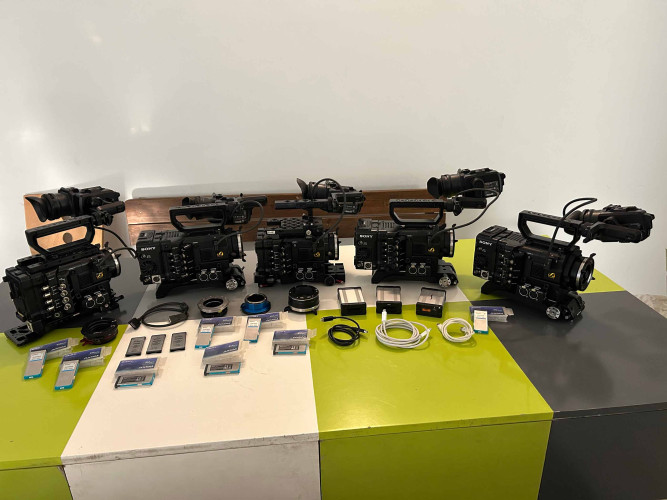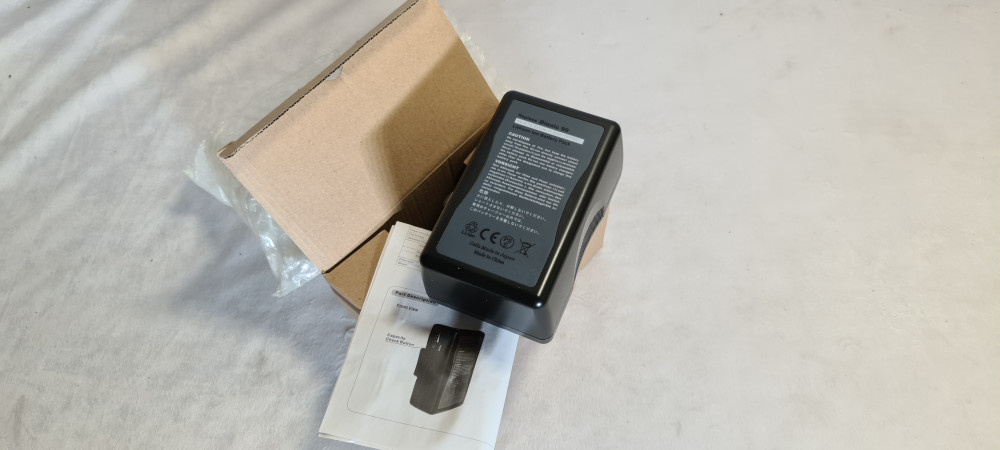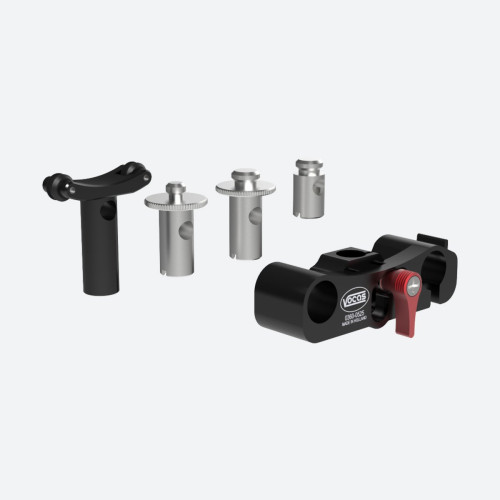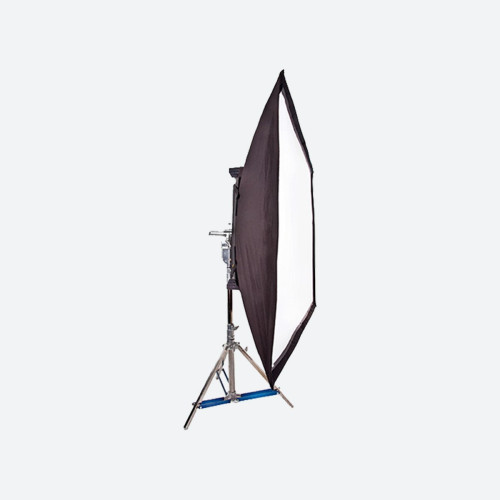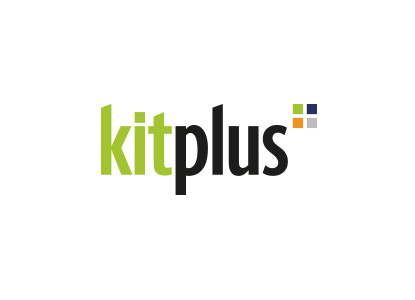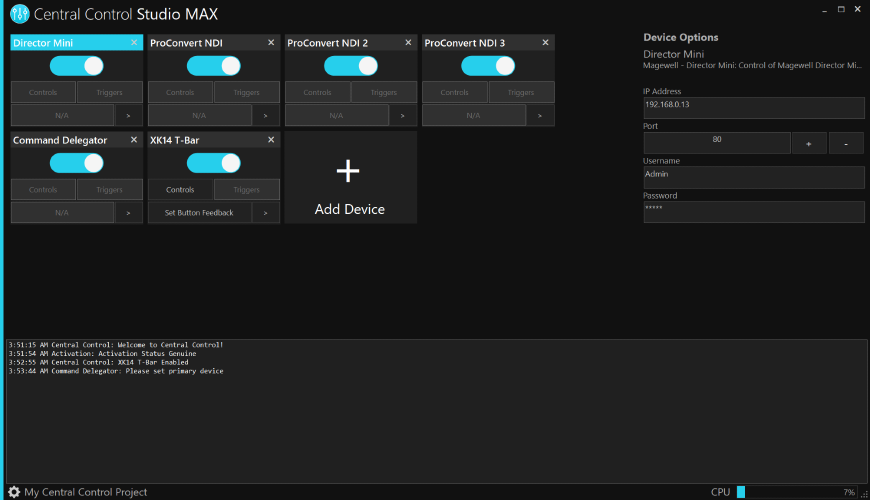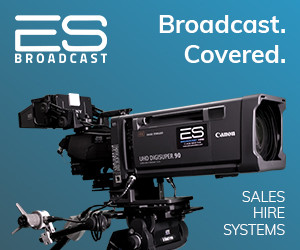by Den Lennie Issue 107 - November 2015
Its one thing to win a client and work, but it can be a whole different thing getting paid. Setting out a simple one-page terms of agreement can protect you. Im not qualified to give legal advice so I encourage you to seek professional advice when setting up your own terms of business. In simple terms, you just need to write down clearly and concisely what you will and wont be responsible for when youre engaged with the client project.
This can be very useful for clarifying terms and conditions, particularly around edits and revisions. I recall speaking with a filmmaker recently who took our How to Shoot Sequences program and he found himself in a situation where the client kept wanting more and more changes. Because they hadnt been clear from the outset, the client rightly assumed that unlimited changes were included in the price. If you do not specify exactly what is and is not included in your cost estimate, then you cant blame the client when they want repeat changes. The net result for this filmmaker was that he was now making additional changes that had not been budgeted for, which was costing him money.
The best and clearest way to avoid any confusion is to specify any terms of business that you normally include, as well as two rounds of changes per offline edit, with specifics detailed on the cost estimate.
There is no reason why you cant modify your terms of business based on the specific client project, but it probably makes more sense to have standard business terms and any amendments or specific details highlighted in an attachment to the quote. In addition to detailing any specific project and production parameters, e.g. who is supplying the location, who is providing music, and who is providing graphics, etc., the terms of business should clearly state the payment terms. On larger projects, I always insist on a 50% upfront payment if there are significant production costs to be borne by us. As Ive already discussed, some clients will pay on 60 or 90 days, and you have to pay your crew on 30. You may also have to pay for other out of pocket production costs upfront.
On some projects, there may be split payments that go beyond simply 50% upfront. Every project is different but it is important that you have your payment terms laid out in detail in advance of the project commencing.
Its also important to note that the cost estimate is simply that, a cost estimate, and that you should have a clause that clearly states actual expenses may be higher, but will be discussed with the client during production for approval.
I use this exact phrase on my cost estimates: Estimate is valid for seven days from the date of issue. Fees and expenses quoted are for the original job description and layouts only, and for the usage specified. Final billing will reflect actual expenses. A purchase order or signed estimate and 50% of the estimate total is due upon booking. All rights not specifically granted in writing, including copyright, remain the exclusive property of Den Lennie.
By getting a client to sign the document, you have something that you can later rely on should there be any dispute.
Im happy to report that in all my years of working in this industry, Ive never had cause to dispute an invoice with a client. I put that down to clear and concise communication at all times, as well as having built a great relationship with them. Any dispute that arises will largely be down to a lack of clear and concise communication.
I have used a couple of different legal contract services which are detailed at www.businessforfilmmakers.com/contracts and these have been particularly useful because you can simply buy an off theshelf contract and then pay an additional fee to have it double checked by one of the legal team in that company. I also mentioned earlier the FSB, which has a legal helpline should you need further support.
Finally, running your business as a sole trader is okay if you want to remain in the lower earning bracket of what is possible, but if you want to be taken seriously, you really need to set up a limited company and apply for a VAT registration number in the UK and Europe, or the GST in other parts of the world.
Running a limited company has several benefits, not least your liability is limited in the event of a financial claim on your company. If the company is limited, you are not personally liable for any debt and so your house and personal assets will always be protected.
The second huge benefit of being a limited company with VAT or GST registration is that you look like a bigger organisation. Nothing says one-man-band working in a bedroom than sole trader status.
If youre worried that accountant costs are going to get higher by changing your sole trader status, then you should be charging more money for your services. Plus your accountant if they are doing their job properly should be saving you on tax, at least to the equivalent of their costs, so their fees will be absorbed Download a free chapter of Dens 206 page book BUSINESS for FILMMAKERS - The Quick, Dirty and Uncensored SECRETS to a SIX-FIGURE Video Business from the Worlds Ballsiest Filmmaker, at www.businessforfilmmakers.com




